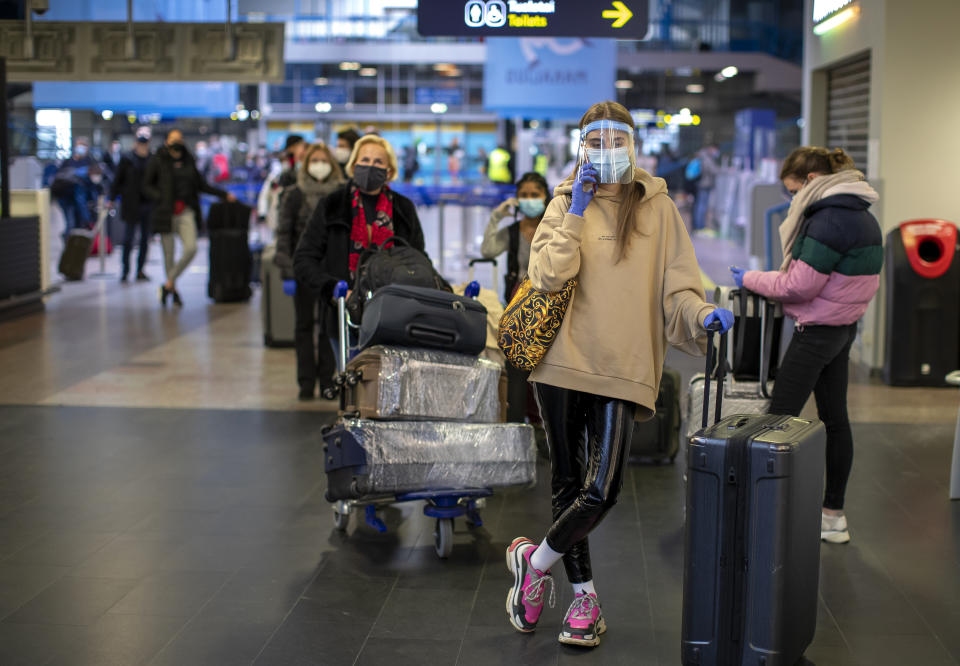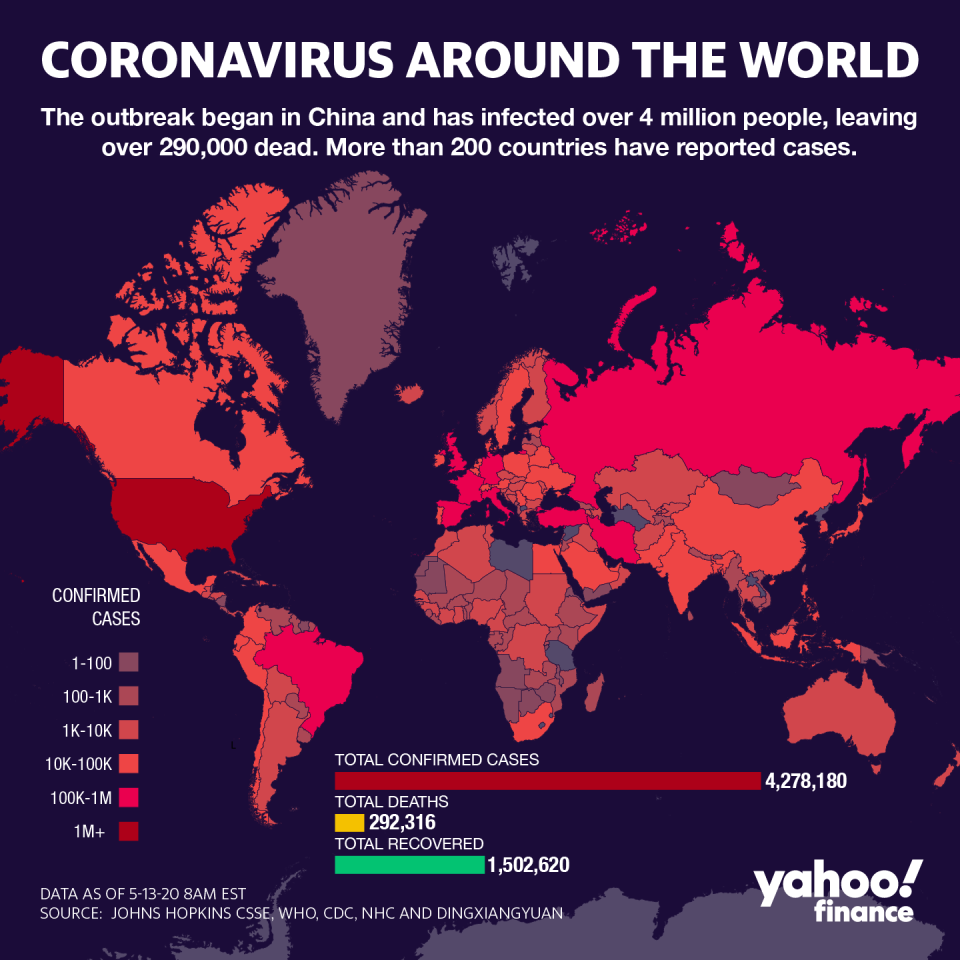Here’s how coronavirus will change our flying habits
Two to three years. That’s how long it took for flight demand to recover from past national crises such as the 9/11 terror attack and the 2008 financial crisis. The unprecedented combination of fear, financial devastation, and social isolation stemming from the coronavirus pandemic could upend that recovery timeline, according to a new report by Deutsche Bank.
While millions of Americans are currently dealing with dire financial concerns typically felt during a recession, the coronavirus crisis has added another dimension to travel apprehension: the fear factor. “This is particularly the case for people of a certain age or health as they consider where to go that might be more or less risky,” wrote Deutsche Bank analyst Siobhan Lynch.
In an effort to allay those fears, Deutsche Bank expects governments and industries to fight to sustain the parts of their economies reliant on tourism by doing “everything within their powers” to get travel demand to pre-crisis levels. On average major U.S. airlines are losing $350 million to $400 million a day, as passenger traffic has plummeted 94%.

The Trump administration last month reached an agreement with major airlines on a $25 billion bailout to cover payroll costs. Airlines have been promoting their social distancing measures, mask requirements, and cleaning protocols in an attempt to ease passengers' concerns and convince them it’s safe to travel again. Consumers have also indicated that keeping the “middle seat” on planes empty may help facilitate the recovery given the recent backlash against airlines like United for refusing to guarantee it. Airlines have also been encouraging consumers to book flights, by offering greater ticket flexibility and eliminating change fees.
The development of a treatment or vaccine for COVID-19 will help the fear factor recede over time, according to Deutsche Bank, with pent up demand to visit friends, family, and new leisure destinations compelling consumers to eventually resume their travel pursuits.
Death of business travel?
Face-to-face interactions at offices around the world all but stopped as governments issued stay at home orders in March and April, which could have a profound and long-lasting impact on business travel, according to Deutsche Bank.
“This forced integration, further investment, or in some cases initial investment in virtual communication will likely better position many businesses post COVID-19 to make more efficient use of travel-replacing technologies should they choose to,” wrote Lynch.

In addition to reaping the benefits of virtual communication around the world without flight costs, the propensity of businesses to cut back on travel in times of financial crisis could further reduce demand.
The death of business travel is unlikely however, Deutsche Bank says.
“Auditing, sales/buying, infrastructure/oil rig workers, and engineers among others will continue to have travel-critical aspects to their roles,” wrote Lynch.
Additionally, some businesses may be deterred from eliminating business travel entirely after experiencing frustrating tech challenges during the pandemic.
More from Sibile:
The case for monthly coronavirus stimulus checks: Americans ‘need consistent liquidity’
Jobless claims remain ‘frightening’ as employers pull back on hiring
Here’s how borrowers are missing out on mortgage, auto payment relief during coronavirus
Why Alaska Gov. Mike Dunleavy made potentially deadly gamble to jumpstart his state’s economy
Coronavirus economic calculus: ‘How many lives will we lose in doing this?’
